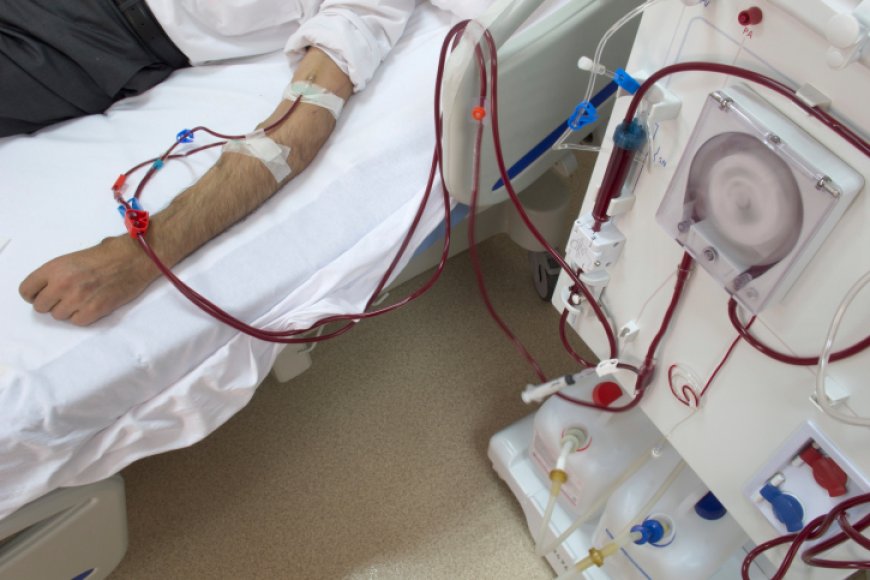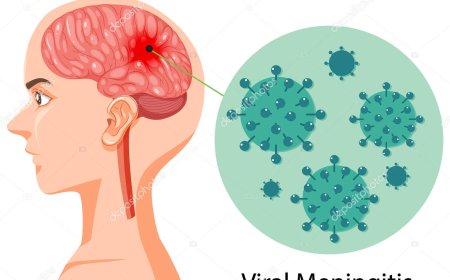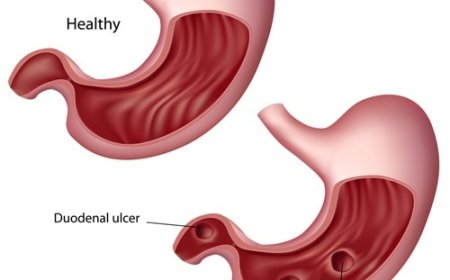Dialysis

Introduction:
Imagine you have a filter in your body that helps remove waste and extra water, just like how a water purifier cleans the water you drink. Our kidneys act as this important filter, but sometimes they can get sick and stop working properly. In India, there are many people who face this problem, and that's where dialysis comes to the rescue. Let's explore what dialysis is, its signs and symptoms, different types, causes, and how it helps people with kidney problems.
Signs and Symptoms:
When someone's kidneys are not working well, they might feel tired all the time, have swollen body parts (like legs or face), and have trouble sleeping. They may also experience dizziness, shortness of breath, and have an increased urge to go to the bathroom. If someone has these symptoms, it's essential to see a doctor who can do some tests to find out what's wrong.
What is Dialysis?
Dialysis is like a helper for the kidneys. When the kidneys can't do their job properly, dialysis helps clean the blood by removing waste and extra water, just like how a kidney should. It is like a special treatment that keeps people alive when their kidneys can't do the work properly.
How is Dialysis Classified?
There are two main types of dialysis - Hemodialysis and Peritoneal Dialysis.
-
Hemodialysis: In this type of dialysis, the patient's blood is taken out of their body and cleaned in a machine called a dialysis machine. It's like taking the blood for a bath! Then, the cleaned blood is returned to the body.
-
Peritoneal Dialysis: In this type, a special fluid is put into the belly of the patient through a small tube. This fluid helps in cleaning the blood inside the body. After some time, the dirty fluid is taken out, and fresh fluid is put in. It's like the belly becomes a mini-cleaning machine!
Causes and Triggers:
Some people are born with kidney problems, but others might get kidney diseases due to unhealthy habits or certain conditions like diabetes or high blood pressure. In India, unhealthy eating habits, lack of exercise, and not drinking enough water can sometimes lead to kidney problems.
Risk Factors with Examples:
Certain things can increase the risk of kidney problems. For example, if someone has a family member with kidney disease, they might be at a higher risk too. Also, people who don't manage their diabetes or high blood pressure well might end up with kidney troubles.
Diagnostic Tests and Treatments:
To know if someone needs dialysis, doctors use various tests to check how well the kidneys are working. Here are some common tests:
-
Blood Tests: Doctors check the levels of waste and minerals in the blood to see if the kidneys are filtering properly.
-
Urine Tests: The urine is checked for protein or blood, which can be signs of kidney problems.
-
Ultrasound: This is a painless test that uses sound waves to create pictures of the kidneys, helping doctors see if they look healthy.
Complications and Prevention Techniques:
Dialysis can be a life-saving treatment, but it can also come with some challenges. People on dialysis might feel weak, tired, or have problems with their bones. To prevent complications, it's essential to follow the doctor's advice, take medicines on time, and eat a healthy diet. Regular exercise and drinking enough water are also crucial to keep the kidneys healthy.
Dialysis is a crucial treatment for people with kidney problems in India. By understanding its signs, symptoms, types, and importance, we can raise awareness and promote healthier habits to prevent kidney diseases. Remember, our kidneys are precious filters, and taking care of them is essential for a happy and healthy life.
What's Your Reaction?
 Like
0
Like
0
 Dislike
0
Dislike
0
 Love
0
Love
0
 Funny
0
Funny
0
 Angry
0
Angry
0
 Sad
0
Sad
0
 Wow
0
Wow
0








































































